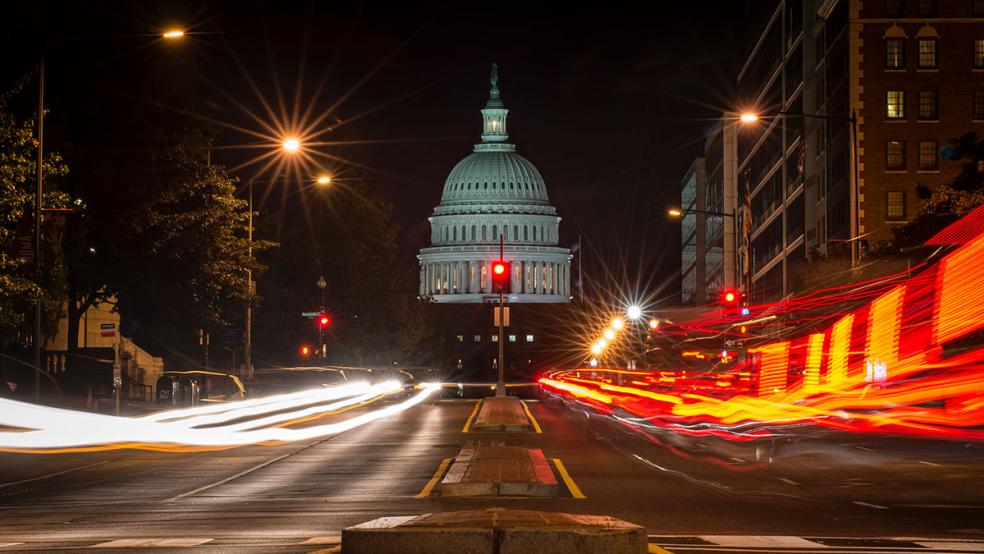President Trump has announced that he plans to veto the $741 billion National Defense Authorization Act, which Congress passed with veto-proof majorities earlier this month.
The bill, which has passed annually every year for the past 59 years, defines spending levels and key policies for the Department of Defense. Trump has criticized this year’s version on numerous counts, including its failure to repeal legal protections for tech firms and its requirement that the names of Confederate leaders be removed from military bases.
Politico’s Anna Palmer and Jake Sherman reported Tuesday that the president is showing no signs of changing his mind. “Aides and congressional allies have made it clear to Trump that his veto is likely to be overridden, and have tried to get him to back off, but he does not at all appear moved by their pleas,” they wrote.
In response, Congress has drawn up plans to reconvene between Christmas and New Year’s. If Trump follows through on the threat – which he must do by December 23 – the House will return to Washington for a session on December 28 to override the veto. While the margin in favor of an override looks safe, there is some uncertainty, with some Republicans who voted for the bill the first time around saying they would not vote to override a Trump veto.
Senate Majority Leader Mitch McConnell (R-KY) announced Tuesday that, while he hopes the president does not veto the bill, the Senate would be in session on December 29 to “process” the House override should he do so.
Facing a noon deadline on January 3 to complete the override, the Senate could face procedural hurdles, according to The Hill’s Jordain Carney. Trump supporters could try to drag the process out by requiring a cloture vote of 60 senators. Majority Whip Sen. John Thune (R-SD) said the process could take a few days. "It will take more than one day if we have objections and I think we probably will. So the question is, if the House, if they override it, then ... we'll have to set it up, and it may take a few days to do that," Thune said.
Sen. Rand Paul (R-KY) said he would try to slow the process down, due in part to a provision that limits the president’s ability to withdraw troops from Afghanistan. “I very much am opposed to the Afghan war, and I’ve told them I’ll come back to try to prevent them from easily overriding the president’s veto,” Paul said Monday.




